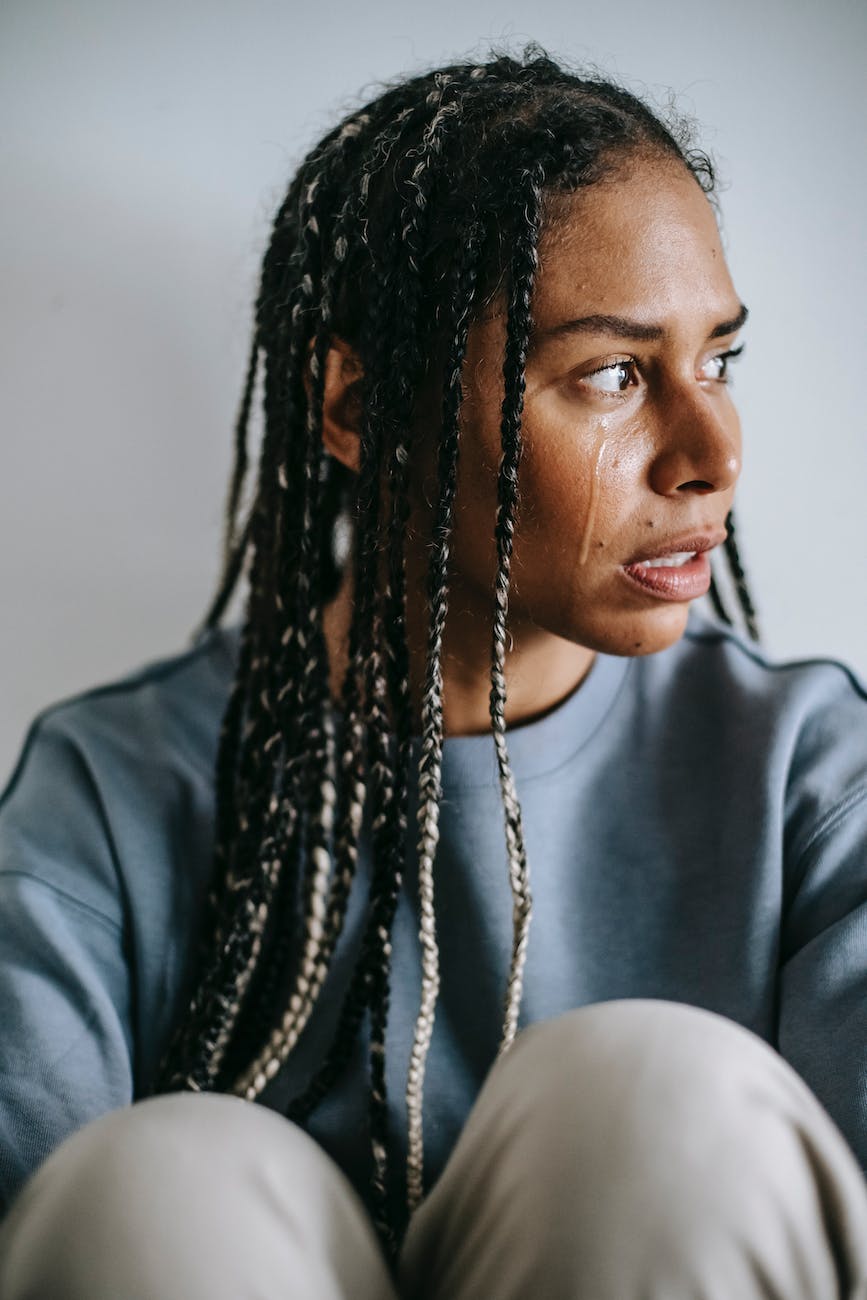Greek Tragedy in Our Times: Antigone in Ferguson
Last month I travelled to NYC to see the classic Greek tragedy, Antigone, distilled and adapted by director Bryan Doerries, to grapple with the death in 2014 of a young black man, Michael Brown, by a white police officer in Ferguson, Missouri. The deaths of mostly black men by mostly white police officers over the past years has caused anguish, fury and despair. Much of the anguish stems from the impunity with which this crime continues to happen – no police officer, until recently, has been held accountable and young men have continued to die.
In Antigone, two brothers have fought on opposite sides of a civil war and end up killing each other. One has been given a dutiful burial. Polyneices, having fought on the ‘wrong’ side, is seen as an enemy of the state by Creon, the current ruler. Central to the plot is the duty and loyalty Antigone feels for her dead, unburied, brother and her determination to honor him by burying his body. This value of hers – that everyone is due the respect of burial no matter what their actions – is perceived by Creon as disloyalty to the nation state and a direct challenge to his authority. The dramatic tension in the play is the conflict of values and beliefs between Antigone and Creon and the tension this represents between individual and state authority.
Unfortunately, the key protagonists in the Antigone story, and other close associates involved in the conflict, die for their values and the choices they make. But their deaths do not, in the end, bring justice or assuage their anguish. On the contrary, grief and despair spreads to the community and the cycle of violence is set to continue.
Tragic events invariably stir strong emotions of anger, outrage, pain and grief. What can be done in situations where survivors are calling for justice, for acknowledgement of severe violation, for retribution? What process could possibly bring some sense of restitution, of solace, of knowledge that the tragedy is recognized and did not happened in vain?
Is there a way that a restorative approach to such a tragedy could help the suffering players in this story? What would happen if, in the name of breaking the cycle of violence, the key protagonists could step back for a moment and try to understand where each were coming from?
Antigone would have to try to recognize Creon’s need that his role of Governor be respected and his concern for uniting a city torn about by civil war. The Governor would have to set aside his anger at Polyneices and try to understand Antigone’s deep desire to honor her brother by giving him a proper burial, no matter the choices he had made in life. Both protagonists hold beliefs at the extremes – it is their unwillingness to entertain any understanding of each other or meet anywhere between those two extremes to explore solutions that might satisfy each of them, that leads to tragedy and perpetuates the cycle of violence and retribution.
Creon and Antigone are the main protagonists. But there are many others that are deeply affected by the conflict between the two. They hold beliefs somewhere in between the two extremes, are torn by the dilemma, plead for reason and compromise, and express their fear for the future if both main protagonists maintain their extreme positions.
The Chorus represents the Community. In this production the Chorus was performed by a choir of activists, police officers, youth, and concerned citizens from Ferguson, Missouri and New York City. Throughout the play the Chorus reflects the communities’ struggle as it grapples with the moral dilemma represented by the two main protagonists and the anguish they feel as they watch the tragedy unfold.
Key to the production, and to director Bryan Doerries purpose in presenting classic tragedies to a modern audience, is the facilitated collective discussion that takes place at the close of the performance. The play is a catalyst for discussion on race, justice, trauma, oppression, and survival after trauma. The audience discussion provides a forum to explore alternatives to the choices made in the play. Speaking their truth, audience members wrestle with the anguish of their immediate reality and their deeply felt need for positive change, change that could offer some restoration, solace, understanding, recognition and connection. The audience discussion is arguably as important as the performance in that it brings alive universal moral dilemmas and allows for a collective sharing as to how to address them.
Notes
Bryan Doerries – Outside the Wire – Artistic Director
Theatre of War, What Ancient Tragedies Can Teach Us Today
Sophocles – Antigone, 441BC approximately


Leave a Reply